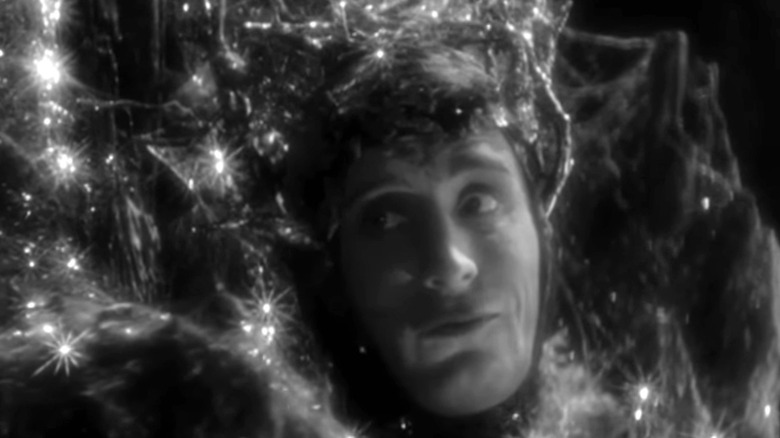A Midsummer Night's Dream Is The Only Write-In Oscar Winner
One of the many, many, many problems with the Academy Awards is that with only five nominees in each category — and even with 10 nominees for Best Picture — there's always at least one worthy artist or movie that doesn't get recognized.
In the industry we call these "snubs," and it's a somewhat loaded term that suggests the Oscar voters are deciding, intentionally, not to honor certain filmmakers and their films. While that's certainly a possibility, and there's no denying that the Academy members are human beings full of conscious and unconscious biases, it's also true that in a year full of great artistry in a variety of cinematic fields, at least one person who did amazing work was destined to get left off the ballot, and it's always a real downer for the artist and their fans.
But what if being left off the ballot wasn't the end of their story? What if the Oscar voters could decide, after the nominations were already announced, to write in the name of their favorite snubbed candidate and give them an Oscar instead?
It's actually happened, but only once. And it'll probably never happen again.
A Midsummer Night's Dream
The year was 1935, and the 8th Academy Awards ceremony was upon us. Frank Lloyd's "Mutiny on the Bounty" was the Best Picture winner and a major frontrunner, with eight nominations and three for Best Actor alone. (The Oscars introduced the Best Supporting Actor and Best Supporting Actress categories one year later.)
One of the films on the Best Picture ballot — alongside now-beloved classics like the Fred Astaire/Ginger Rogers musical "Top Hat," Michael Curtis's dashing pirate adventure "Captain Blood," and wonderful but now relatively obscure comedies like "Ruggles of Red Gap" and "Naughty Marietta" — was Max Reinhardt and William Dieterle's "A Midsummer Night's Dream," an all-star visual effects spectacular, which adapted William Shakespeare's fantastical farce to the big screen in opulent splendor.
Critics weren't terribly kind to some of the actors, but the fabulous imagery and visual effects were eye-popping wonders. Bespeckled with star filters, the film takes place largely in an enchanted forest where fairies and sprites frolicked and interfered with the love affairs of mortals. To this day it's difficult to watch the film without marveling at the cinematic ingenuity, and wondering aloud just how they pulled off some of the movie's imagery decades before the advent of modern special effects.
So it's pretty weird that the movie was completely snubbed in the category of Best Cinematography, in favor of the films "Barbary Coast," "The Crusades," and "Les Miserables." But the Academy didn't let that stop them. The voters wrote in "A Midsummer Night's Dream" anyway, and the award was ultimately presented to the film's director of photography, Hal Mohr.
Whoops
The Academy changed the rules the very next year, so in the nearly 100-year history of the Oscars, Hal Mohr is still the only person to win by write-in ballot. He did, however, eventually win the old-fashioned way at the 16th Academy Awards — along with his fellow director of photography W. Howard Greene — for the sumptuous horror remake "The Phantom of the Opera."
Hal Mohr's Oscar win seems to have been just one of the many examples of the Oscars figuring things out as they went along. They initially thought allowing write-in ballots was a good idea, but after someone actually won that way, they decided to backtrack on that. It's not unlike how there were initially no rules against an actor being nominated for Best Lead Performance and Best Supporting Performance for the same role in the same film, but they pulled the plug on that quickly after Barry Fitzgerald was nominated twice in one year for "Going My Way."
Still, every time a great film or performance gets snubbed, the fantasy of simply writing in another deserving candidate comes along. It would be wonderful to think that the story wasn't over for worthy performers, filmmakers, and films that didn't make the initial cut, but it's also a risky move for the Academy and could upend the entire system as we know it, from the awards themselves to the advance publicity. Why even announce the nominees at all if some or even all of them could go home empty-handed?
Maybe someday the Oscars will do a complete overhaul, but until that day it seems as though Hal Mohr's historical footnote is secure. He's not just responsible for a great piece of cinema, but you only have to watch a brief clip of "A Midsummer Night's Dream" to tell that he's a deserving winner. (But you should watch all of it, it's a great movie.)


